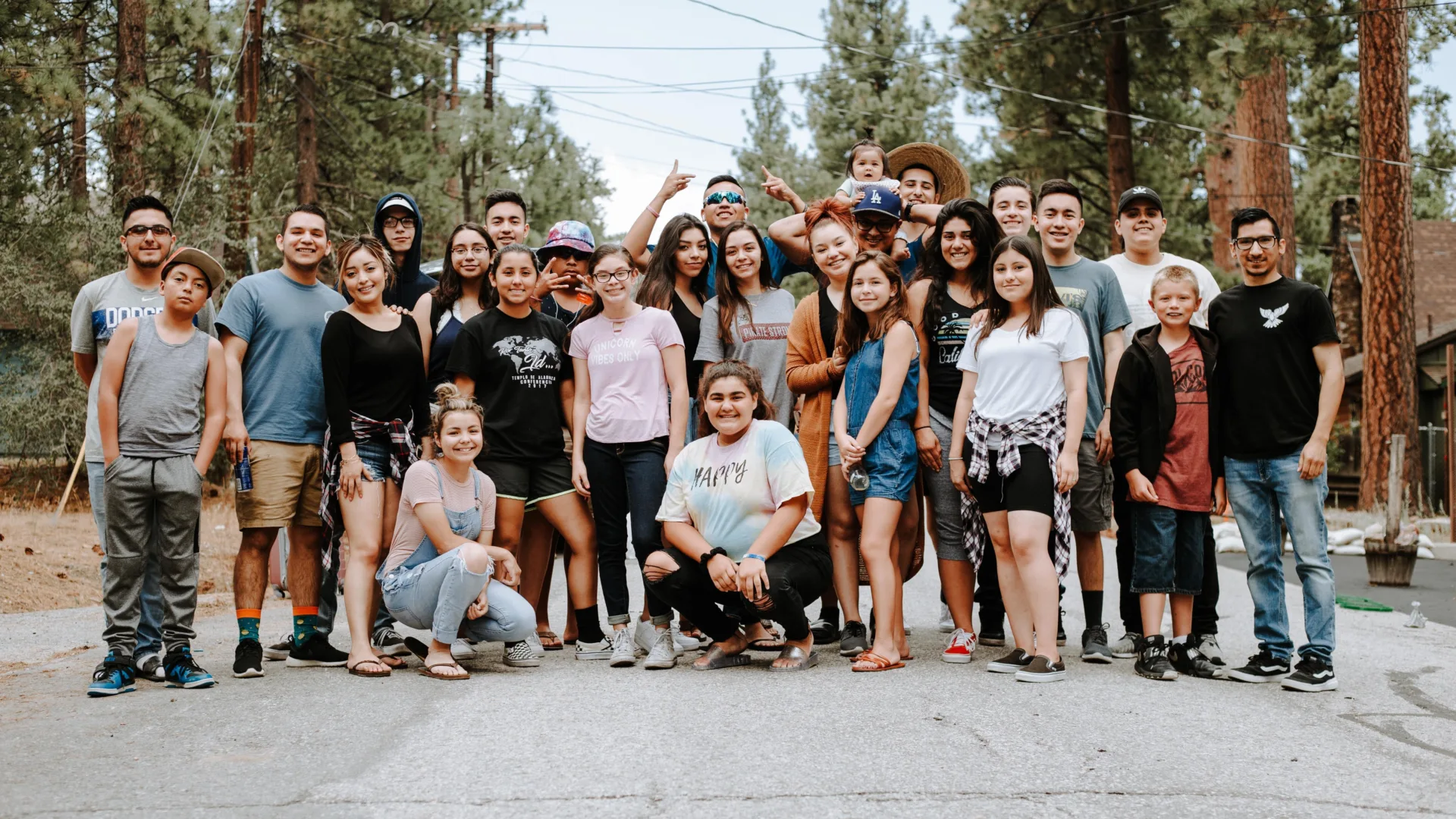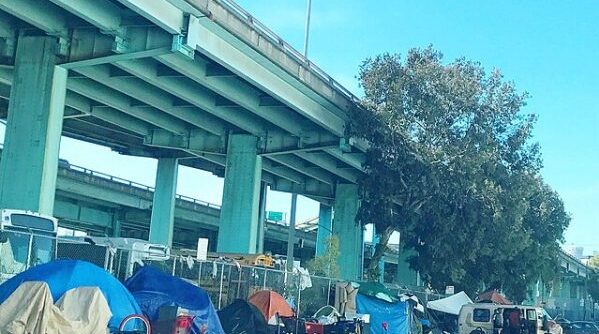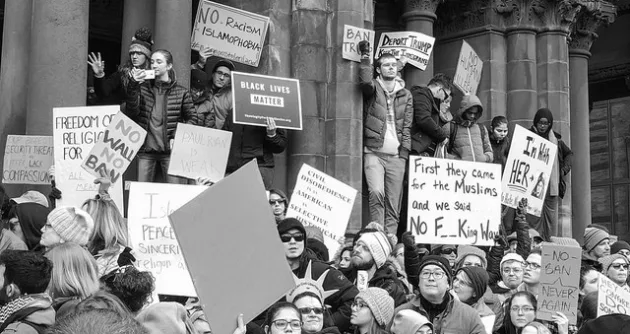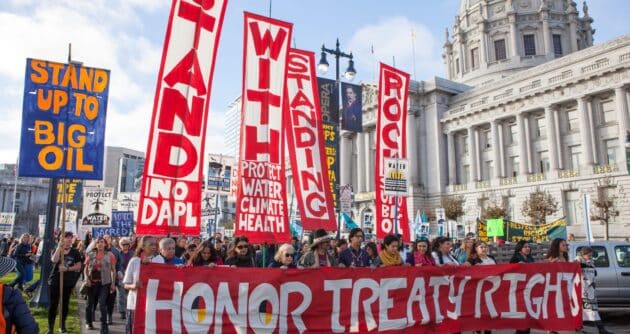Featured photo by Omar Lopez
The Challenge
The necessary movement to save the natural environment requires that we seek our place in communion with it and in community with each other. It cannot be a forward movement, in the sense of the ideology of technical “progress.” We are being transported by that kind of progress at break-neck speed into a future where it is hoped that current levels of consumption and energy use can be maintained or increased using “green” technology. That’s a poorly thought-out plan that can’t help but fail. And it avoids the paradigm shift away from the addiction of materialism that’s so desperately needed.
It is unreasonable to say there is no alternative but to go back to life as hunter-gatherers in a romanticized lost Eden. We need a mass movement, as a species and as reconnected people, that brings us into respectful and reciprocal relationships with each other and with our local environments. The question is, can we raise our standards of education, of public office, of expectations for and of each other, as well as ourselves, and embody right relationship with the world? Legislating it just isn’t going to be enough, although legislating it may be required.
We aren’t pursuing rights of people or of communities or of nature. The new relationships we think must be developed will be mutual, reciprocal, contiguous and reflexive, not derivative or theoretical, aspirational or coerced.
Together we share this world as a part of nature. It is a continuum of life in which we all have a place. None of us need adulation for our manicured individuality as much as we need respectful relationships within our human and non-human communities.
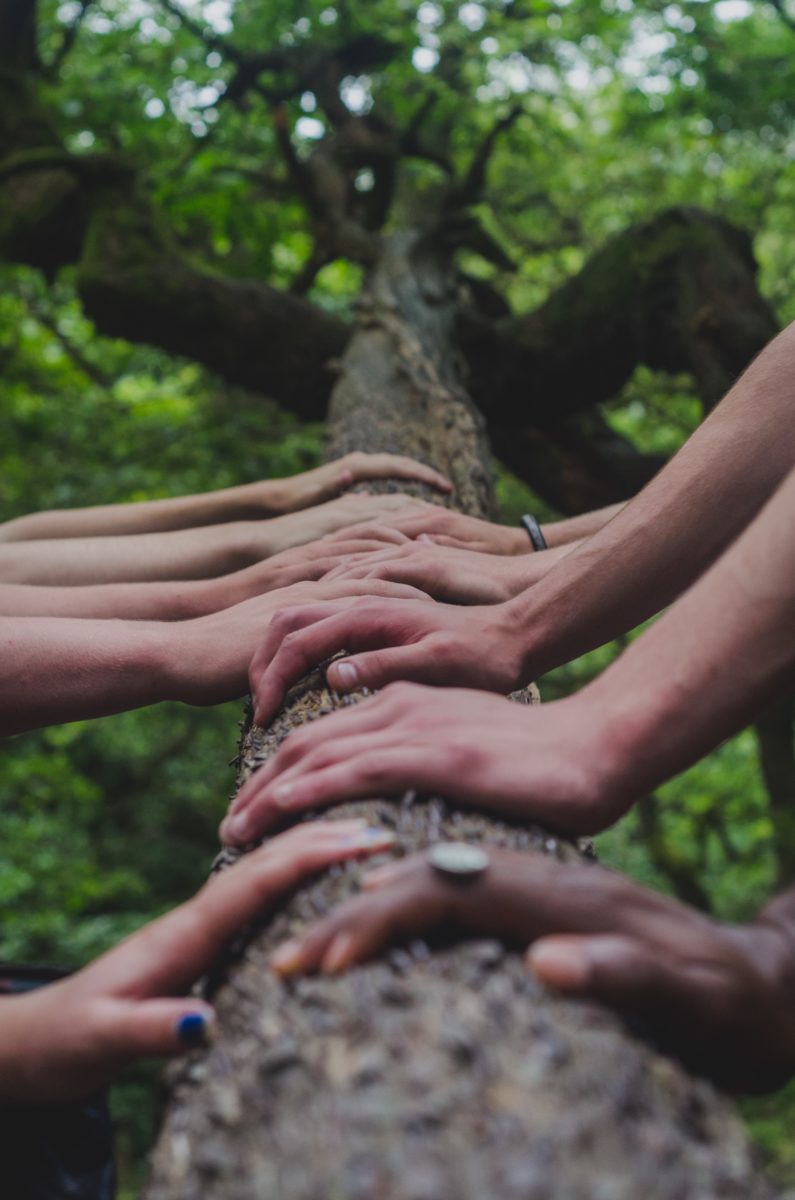
We are all connected and interdependent and have unique gifts to share, that’s certain. Without each other, we are atomized and vulnerable to the pathology of spirit that has gripped this society of accumulators and privilege seekers.
We lose our sense of community when we substitute, and sadly so often become addicted to, entertainment for true engagement with ourselves, each other, and the environment around us. When we lose our belonging in this community of life, we end up belonging, to an unhealthy degree, to: our employers, our churches and clubs, our political parties and gender identities and all the other institutionalized distinctions that imitate dynamic community, and subsequently divide us. Our sense of belonging becomes artificial and processed, like so much of the food and education and politics we individually consume in this fast-paced world with no time for genuine connection with neighbors – human and non-human. Instead of finding our place in the world by co-creating and sharing in right-relationship with our human and non-human neighbors, we end up numbed by alienation and silenced by loneliness. That doesn’t seem natural. We should do something about it. Wouldn’t you say?
We have Choices
It seems like legal rights for community and for nature would almost be unnecessary if our attitude toward the world were based on reciprocity, responsibility, and accountability instead of maximizing personal advantage.
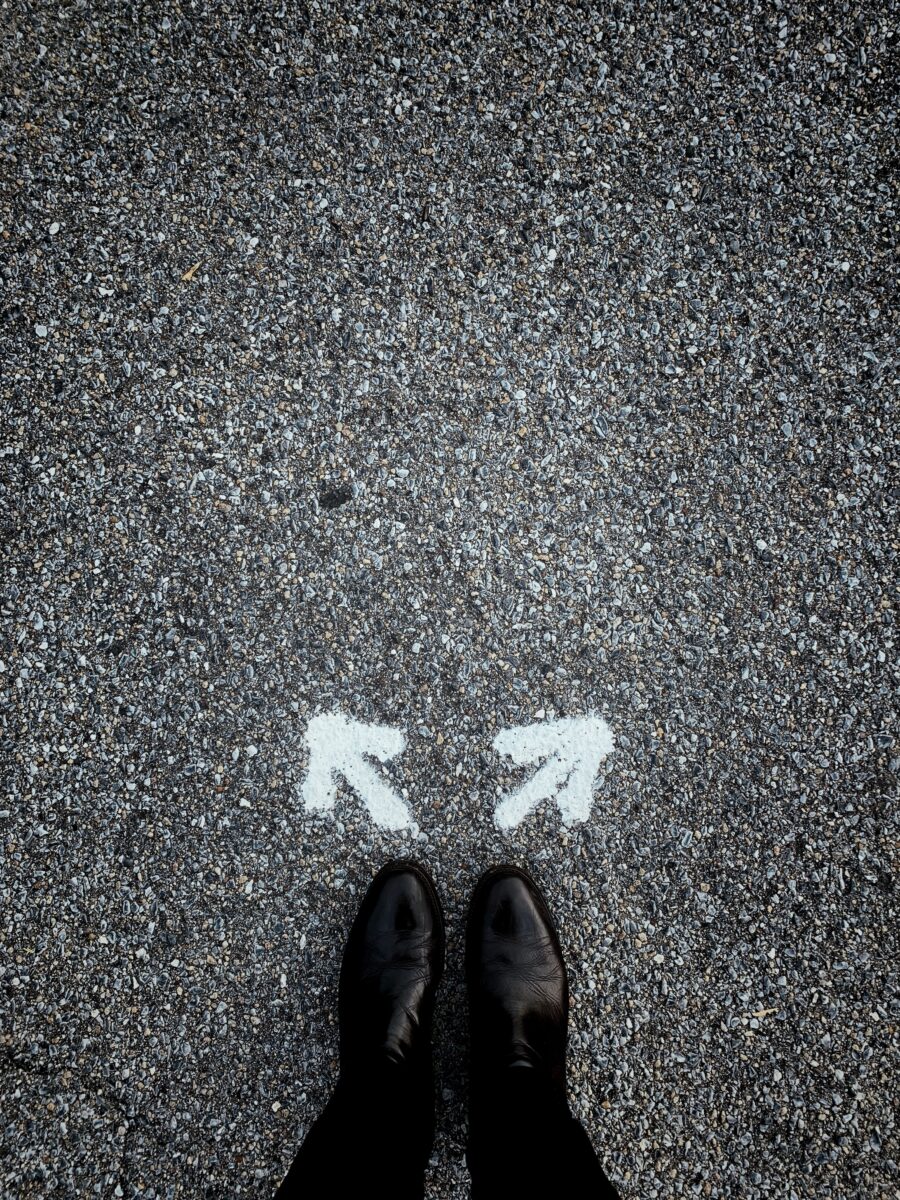
The most direct way for that to come about would be for our culture to stop indoctrinating our children to be successful accumulators of wealth, prestige and personal favor over the rest of the community. A general sense of contentment and fulfillment would seem to be enough for anyone, while social strife and scrabbling for unequal advantage are associated with wanting more than contentment and fulfillment. Mindful awareness can come from teaching reverence for each other and for the planet that sustains all life.
But that doesn’t seem possible in a culture that encourages and rewards an attitude of individual privilege for those who have accumulated excessive power and wealth.
We, all of us, co-create the social world we live in. Today that generally means uncritical complicity as participants in consumerism. It’s not our only option. We can continue to create the world we know, the one that is dying all around us or we can instead create a world that is life and community and nature sustaining. That sounds like the better option. Wouldn’t you say?
Reflections in the Mirror
I think about how we try to make laws that will enforce a way of life that people have yet to internalize. Those laws, if they succeed in being adopted, might create new rules about boundaries and lines not to be crossed, but boundaries tend to create more adversity, war, and resistance. Nobody likes being coerced into changing their habits and way of life, however screwed up they may be.
From childhood, most of us are conditioned to love our individuality, to see ourselves as special, or to lament that we are not special enough in this competitive world. Embracing individuality and constantly pursuing individual achievement rather than service to the community of life can mean there’s little room for sharing and experiencing the sense of belonging coveted by so many.
It is no wonder that we are conditioned to suppress the prospect of our own death, or even the kind of social death attached to being different from the crowd. Death is the end of ego. Fear of lost ego identity has subconscious power over us that is effectively weaponized against us to manipulate our life choices and especially our purchasing decisions. It works because enhancing our individuality and distinguishing ourselves from the crowd can be as important to us as eating and sleeping.
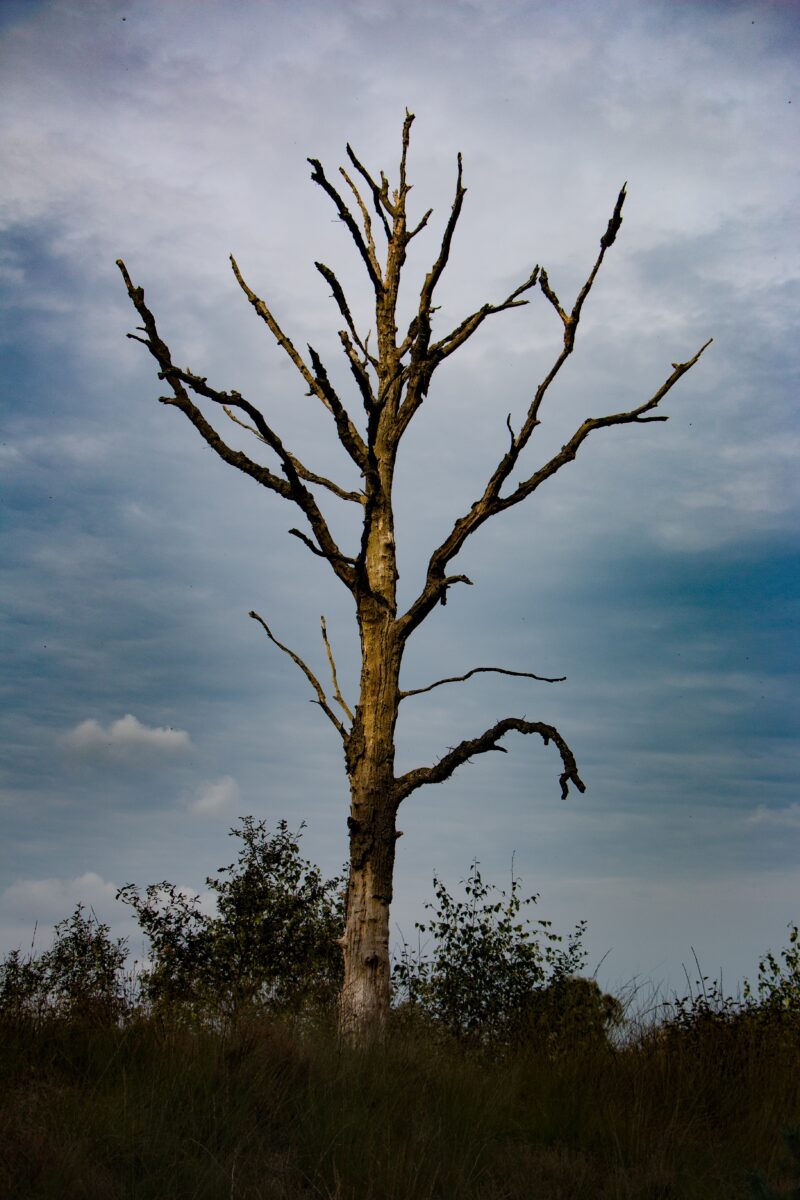
We are conditioned from birth to support the culture of property accumulation and wealth hoarding because property and wealth are privileges bestowed on individuals, as ego adornments. We want the opportunity to create our own owned legacies and to console ourselves about our ego mortality by inventing an individual legacy. We want to be remembered not for what we shared with the community in life, but for what we accomplished in the quest for personal immortality in an ego-self-preserving way. The Pharaohs of ancient Egypt used their pyramids and sarcophagi to preserve their individuality, at least in memory, for eternity. Our motivations for having the newest phone, nicest car, and the biggest flat-screen TV are no different.
We must move beyond our comfort zones and try to understand there is a world beyond our appetites. This is the kind of understanding that can outlive our individual lives as wisdom is passed on to future generations.
All we really have in this world are the dynamic and ever-changing relationships that we nurture. As we arrive, pay our visit, and depart this life, we have an opportunity to co-create a human community in connection and harmony with non-human communities that we can bequeath as a gift to those who come after us. That should be legacy enough, even without the pyramids and skyscrapers. Wouldn’t you say?
